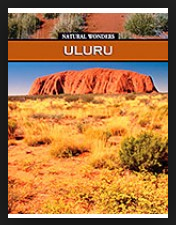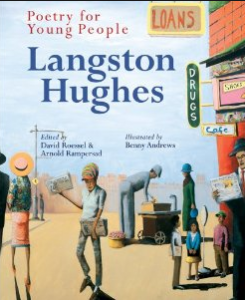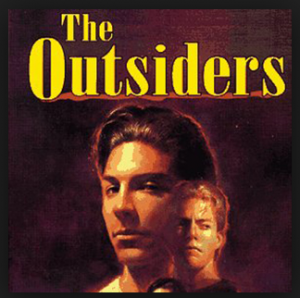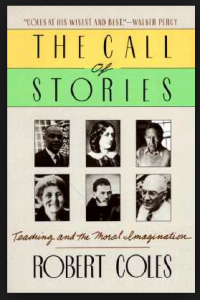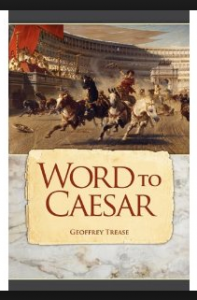June 8th is World Oceans Day!

“I could never stay long enough on the shore; the tang of the untainted, fresh, and free sea air was like a cool, quieting thought.” – Helen Keller
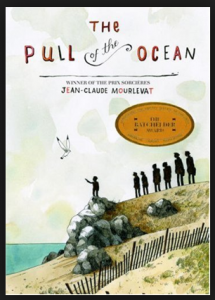
“The sea is emotion incarnate. It loves, hates, and weeps. It defies all attempts to capture it with words and rejects all shackles. No matter what you say about it, there is always that which you can’t.” – Christopher Paolini, Eragon
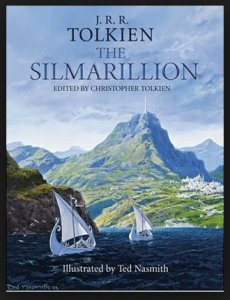
“It is said by the Eldar that in water there lives yet the echo of the Music of the Ainur more than in any substance that is in this Earth; and many of the Children of Ilúvatar hearken still unsated to the voices of the Sea, and yet know not for what they listen.” – J.R.R. Tolkien, The Silmarillion
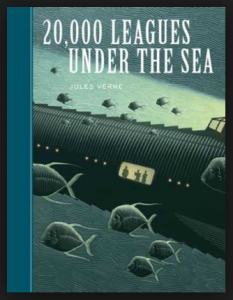
“I spent uncounted hours sitting at the bow looking at the water and the sky, studying each wave, different from the last, seeing how it caught the light, the air, the wind; watching patterns, the sweep of it all, and letting it take me. The sea.” – Gary Paulsen, Caught by the Sea
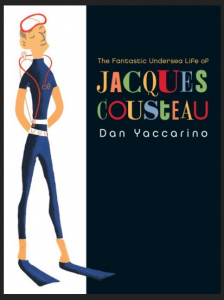
“For most of history, man has had to fight nature to survive; in this century he is beginning to realize that, in order to survive, he must protect it.” – Jacques-Yves Cousteau, oceanographer
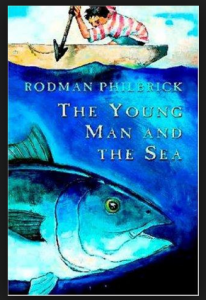
“[T]hen all collapsed, and the great shroud of the sea rolled on as it rolled five thousand years ago.” – Herman Melville, Moby-Dick; or, the Whale
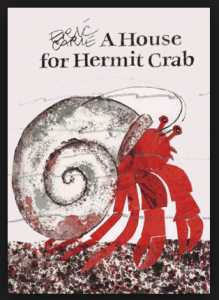
“Our knowledge is a little island in a great ocean of nonknowledge.” – Isaac Bashevis Singer, writer
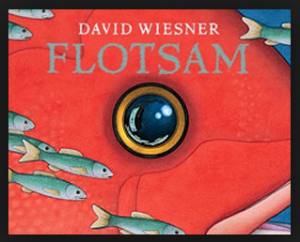
“When anxious, uneasy and bad thoughts come, I go to the sea, and the sea drowns them out with its great wide sounds, cleanses me with its noise, and imposes a rhythm upon everything in me that is bewildered and confused.” – Rainer Maria Rilke, poet
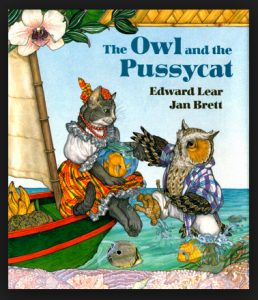
“The cure for anything is salt water – sweat, tears, or the sea.” – Isak Dinesen, writer
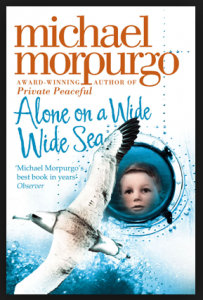
“The sea always filled her with longing, though for what she was never sure.” – Cornelia Funke, Inkheart

“Without water, our planet would be one of the billions of lifeless rocks floating endlessly in the vastness of the inky-black void.” – Fabien Cousteau, oceanographic explorer
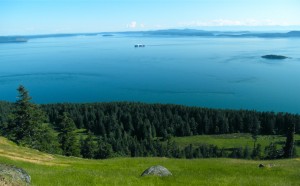
I must go down to the seas again, to the lonely sea and the sky,
And all I ask is a tall ship and a star to steer her by,
And the wheel’s kick and the wind’s song and the white sail’s shaking,
And a grey mist on the sea’s face, and a grey dawn breaking.
I must go down to the seas again, for the call of the running tide
Is a wild call and a clear call that may not be denied;
And all I ask is a windy day with the white clouds flying,
And the flung spray and the blown spume, and the sea-gulls crying.
I must go down to the seas again, to the vagrant gypsy life,
To the gull’s way and the whale’s way, where the wind’s like a whetted knife;
And all I ask is a merry yarn from a laughing fellow-rover,
And quiet sleep and a sweet dream when the long trick’s over.
– John Masefield
“The sea, the great unifier, is man’s only hope. Now, as never before, the old phrase has a literal meaning: we are all in the same boat.” – Jacques-Yves Cousteau
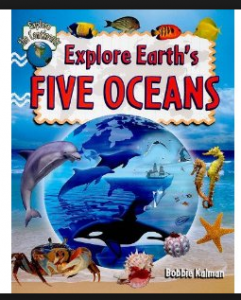
‘World Oceans Day’ was officially recognized, in 2008, by the United Nations General Assembly after a proposal, in 1992, by the Government of Canada.



